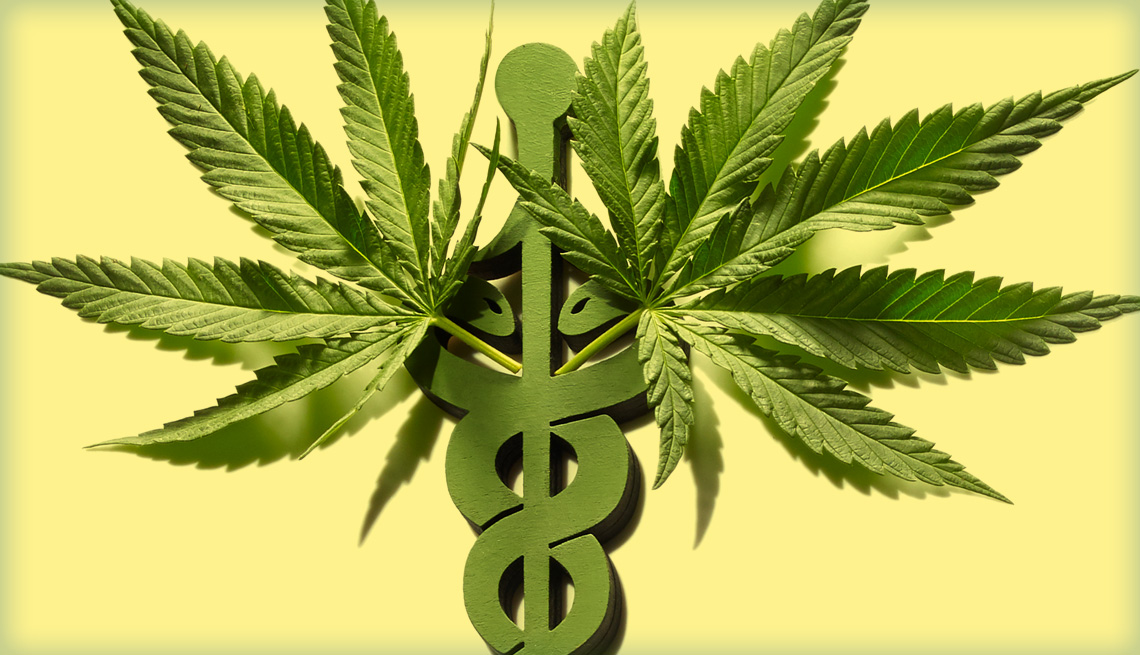Top Medical Marijuana Doctor Clinton MS for Professional Consultation
Wiki Article
Shedding Light on What Medical Marijuana Can Cure: a Thorough Analysis of Its Healing Properties
In current years, there has been a growing interest in the restorative capacity of clinical cannabis. While unscientific evidence abounds, a complete assessment of the scientific data pertaining to the effectiveness of clinical marijuana in treating these conditions is called for.
Chronic Discomfort Management
Persistent discomfort monitoring stays an essential aspect of treatment, requiring a comprehensive technique for effective treatment. Over the last few years, clinical marijuana has become a potential therapeutic option for individuals struggling with chronic discomfort problems. The endocannabinoid system, which plays a critical function hurting modulation, has been targeted by cannabis-based therapies to alleviate signs and enhance top quality of life for clients.

Moreover, medical marijuana provides an encouraging option for people who experience unbearable negative effects from conventional discomfort medicines. Its capability to resolve pain through a different mechanism makes it a beneficial addition to the toolbox of treatments available for persistent pain monitoring.
Epilepsy Therapy Prospective
Medical marijuana has actually shown encouraging capacity in the treatment of epilepsy, offering a novel restorative strategy for managing seizures in clients. Epilepsy is a neurological disorder defined by persistent seizures, affecting individuals of every ages. Conventional therapies for epilepsy consist of antiepileptic drugs, yet these medications may not be reliable for all patients and can have significant adverse effects.Research on using medical cannabis for epilepsy has actually disclosed encouraging results. Cannabidiol (CBD), a non-psychoactive substance located in cannabis, has been specifically highlighted for its anticonvulsant buildings. Researches have revealed that CBD can reduce the regularity and extent of seizures in clients with treatment-resistant kinds of epilepsy, such as Dravet disorder and Lennox-Gastaut syndrome.
Moreover, the FDA has approved a CBD-based drug, Epidiolex, for the therapy of seizures related to these serious types of epilepsy. This landmark emphasizes the growing acknowledgment of medical cannabis as a useful healing alternative for taking care of epilepsy and supplies wish for patients that have not reacted well to conventional treatments.
Queasiness Alleviation Advantages
The reduction of nausea or vomiting with making use of marijuana has been progressively identified for its therapeutic advantages in various medical problems. Queasiness and throwing up are usual signs experienced by clients undergoing chemotherapy, those with intestinal problems, and people with persistent discomfort problems. Clinical marijuana, with its energetic compounds such as THC and CBD, has revealed pledge in giving alleviation from queasiness.
In addition, medical cannabis provides an all-natural choice for individuals who do not respond well to conventional anti-nausea medications or that experience serious side effects from these medications. Patients undergoing chemotherapy, particularly, have reported significant enhancements in their high quality of life when utilizing marijuana to manage nausea or vomiting. As research study in this location proceeds to grow, clinical cannabis is progressively being taken into consideration as a useful choice for queasiness relief in various medical settings.
Anxiety Decrease Results
Studies have shown the potential of cannabis in reducing anxiety symptoms via its communication with the endocannabinoid system. The endocannabinoid system plays a critical function in managing feelings, including anxiety, by preserving homeostasis in the body. Cannabinoids in marijuana, such as THC and CBD, engage with the endocannabinoid receptors in the brain, particularly the CB1 and CB2 receptors, to regulate anxiety-related reactions.
Clients with conditions like generalized anxiety disorder (GAD), social anxiousness problem, and post-traumatic tension condition (PTSD) may benefit from the anxiolytic residential or commercial properties of cannabis (Medical Cannabis Card). Nevertheless, more research is needed to figure out ideal dosages, shipment approaches, and long-term results on anxiousness management.
Possible for Inflammation Control
With its well-known anti-inflammatory homes, marijuana has revealed assurance in potentially regulating swelling within the body. Swelling is the body's natural feedback to injury or infection, however when it comes to be persistent, it can add to different illness such as arthritis, inflammatory digestive tract disease, and even heart problem. Research recommends that the cannabinoids located in marijuana, such as THC and CBD, can help decrease and regulate the immune response inflammation.Researches have actually shown that cannabis can engage with the endocannabinoid system, which plays an important duty in regulating inflammation. By targeting the cannabinoid receptors, marijuana substances can modulate the immune reaction, bring about a decrease in inflammation levels. This makes marijuana a possible prospect for taking care of inflammatory conditions where conventional therapies have failed.
Moreover, cannabis-derived products sites like CBD oil view have actually acquired popularity for their anti-inflammatory homes, with numerous people using them as an all-natural treatment for conditions linked with inflammation. While more study is needed to totally comprehend the systems behind marijuana's anti-inflammatory results, current findings reveal promising results for the possible use medical marijuana in controlling swelling.
Conclusion
Finally, medical cannabis has shown encouraging therapeutic buildings in handling persistent discomfort, dealing with epilepsy, easing queasiness, decreasing stress and anxiety, and regulating swelling. Its potential advantages in various medical problems highlight the significance of further study and expedition right into its medical usage. The proof suggests that medical marijuana might be an important option access clinic treatment option for people looking for alleviation from a variety of conditions and signs and symptoms.In current years, medical cannabis has emerged as a potential healing alternative for individuals enduring from chronic pain conditions.Clinical cannabis has actually revealed promising capacity in the treatment of epilepsy, providing an unique therapeutic method for handling seizures in individuals. As research study in this area continues to grow, medical marijuana is significantly being considered as a beneficial option for queasiness alleviation in numerous medical settings.
In conclusion, medical cannabis has shown promising therapeutic properties in managing persistent discomfort, treating epilepsy, relieving nausea, lowering anxiousness, and managing swelling. The proof suggests that medical marijuana could be a valuable choice treatment alternative for people looking for alleviation from an array of symptoms and conditions.
Report this wiki page